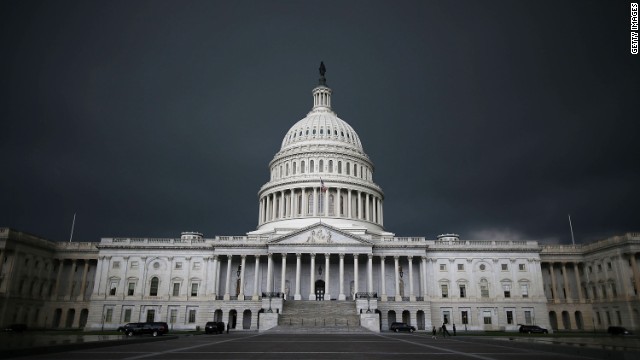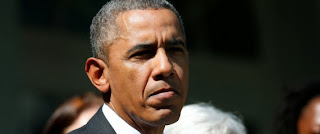 A federal judge in Texas blocked
two key parts of the state’s controversial
antiabortion law Monday,
ruling that one part is unconstitutional while another provision imposes
an undue burden on women in some instances.
A federal judge in Texas blocked
two key parts of the state’s controversial
antiabortion law Monday,
ruling that one part is unconstitutional while another provision imposes
an undue burden on women in some instances.
The ruling by U.S. District Judge Lee Yeakel
represents a legal victory for abortion rights providers, who had challenged new requirements that abortion doctors must have
admitting privileges at a hospital within 30 miles of their clinic and that all
abortions must take place in surgical centers, rather than allowing women to
take abortion drugs at home.
Texas attorney general Greg
Abbott spokeswoman Lauren Bean said the state immediately appealed the ruling.
Eleven abortion clinics and
three doctors filed a federal lawsuit last month saying that the
requirements, which were due to take effect Oct. 29, would end abortion
services in more than a third of the state’s licensed facilities and would
eliminate services altogether in Fort Worth and five other major cities. Abbott
had argued the new restrictions, adopted this summer, were aimed at providing
better medical protections for both women and their fetuses.
















